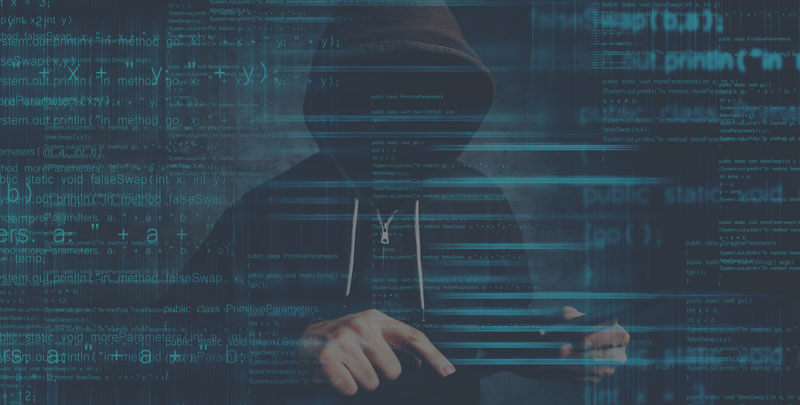With hackers and scammers going to unprecedented lengths to steal information during the coronavirus pandemic, it’s important to know about tools you can use to help make it more difficult for criminals to access your information.
While data security and identity theft are complicated issues, taking steps to reduce your exposure doesn’t have to be. Here are five common-sense tools, ranging from high tech to low tech, to help protect yourself from hackers and identity thieves.
1. P.O. Boxes
Personal data stored online may be protected behind firewalls, passwords and other technological defenses. But many sensitive personal documents are still sent through the mail and can be stolen right out of your mailbox. Depending on the information inside, criminals can use stolen mail to hijack your personal data and commit identity theft.
Renting a secured P.O. box at your local post office helps ensure your home address remains private and your mail can’t be stolen. Deliveries can even be held at the post office to prevent porch pirates from stealing packages off your front door. You’ll have to pay for the box rental and travel to the post office to pick up your mail, but it’s a small price to pay for greater mail security.
2. Document Shredders
Throwing your paper documents into trash or recycling bins is unsafe, as they can be recovered and used to forge your identity. One of the best ways to protect personal data is to shred paper documents before you dispose of them.
Document shredders turn your papers into unreadable shreds before you toss them. They are affordable and effective at destroying sensitive documents you don’t need any more. Any documents that contain personal information should be shredded when you no longer need them for your own records.
3. Virtual Private Networks (VPNs)
When you surf the internet or complete transactions on an unsecured Wi-Fi network, you could be exposing your personal information and browsing history. Virtual private networks (VPNs) provide greater online privacy by establishing a private network from a public, or personal, internet connection and are even more secure than secured Wi-Fi networks. There are several paid VPN services available on the market.
VPNs can help protect you from identity theft by keeping your data encrypted and secure – not even your Internet provider is able to access your browsing history, and there’s an encrypted tunnel for you to send and receive data that’s inaccessible to hackers and thieves.
4. Password Managers
You should always use strong, unique passwords for every online account you have. If a criminal gains access to one password, he or she won’t be able to break into all your other accounts. But creating and remembering unique passwords for all your online accounts is easier said than done.
Password manager apps automate the process by creating strong passwords for every account and syncing them across your devices. Choose a password manager that encrypts your information and uses multi-factor authentication to add an additional layer of security.
5. Credit Report and Identity Theft Monitoring
Having daily monitoring of your credit reports and alerts when changes are made to your profile provides important insight, so you can act quickly if there is suspicious activity. Credit and identity theft monitoring services also can help restore your identity if you become a victim of identity theft.
Now more than ever is the time to be cautious and take these steps to help stay protected.

